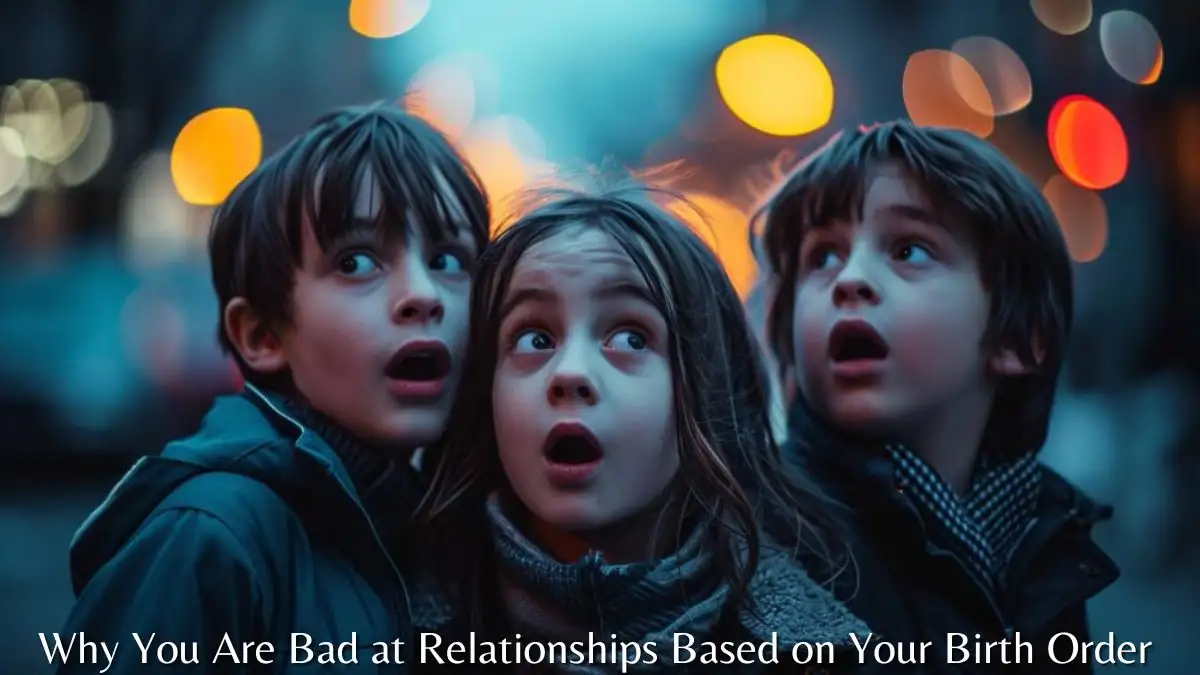Personality Test: Why You Are Bad at Relationships Based on Your Birth Order
by S Samayanka
Updated Dec 22, 2023

Personality Test
A Personality Test is a psychological assessment tool designed to evaluate an individual's characteristic patterns of behavior, thoughts, and emotions. It aims to uncover aspects of a person's personality, such as introversion or extroversion, emotional stability, openness, conscientiousness, and agreeableness. These tests often utilize standardized questions and scenarios to measure and categorize various personality traits.
Employers use them for hiring decisions, while psychologists employ them for therapeutic insights. They're also widely employed in self-discovery and personal development. The Myers-Briggs Type Indicator (MBTI) and the Big Five Personality Traits are popular models. While they offer valuable insights, it's important to interpret results with caution, recognizing that personality is complex and can be influenced by various factors, including context and personal growth.
Why You Are Bad at Relationships Based on Your Birth Order?
The concept of being "bad at relationships" based on birth order is a generalization that suggests certain personality traits associated with the order in which individuals are born in a family may influence their behavior in romantic relationships.
Oldest Child:

Middle Child:

Youngest Child:

Only Child:

Twin:

How Does Your Birth Order Influence Relationships?
Communication Styles:
Relationship Roles:
Conflict Resolution:
Why You Are Bad at Relationships Based on Your Birth Order? - FAQs
Yes, birth order can contribute to specific personality traits, affecting how individuals behave in romantic relationships.
No, personality tests like the Myers-Briggs Type Indicator typically focus on broader traits and don't specifically account for birth order.
Yes, as the oldest child may have a tendency to take charge and expect things to go their way, which can pose challenges in relationships.
Yes, middle children may use humor as a defense mechanism, making it challenging for them to engage in serious conversations and express emotional vulnerability.
Yes, youngest children may expect special attention and care, potentially leading to relationship challenges due to a sense of entitlement.





